Last January, I finished my work as a Post Reporter for the Dongguk Post and went on an overseas report to Spain. After two years of passionate work from Cub Reporter to Editor-in-Chief, I was given a great opportunity by being selected as a member of Dongguk Media Center’s overseas reporting team. Although my joining was delayed due to personal reasons and was available for only the last five days, I gained a lot of experience and knowledge during this period. As I conclude my first journey to Europe, I would like to share with you what I saw, heard, felt, and learned in Spain. Now, let me take you to Spain!
While doing preliminary research ahead of overseas reporting, our group became interested in Spain’s “Siesta and Relaxation” culture. Unlike the Korean culture, which pursues quickness, Spain’s Siesta culture pursues a slow and leisurely life. This leisure, combined with the free and open culture, presented a different picture of life. Therefore, we decided to investigate and find out what Spanish culture looks like from the eyes of people who pursue an opposite lifestyle.
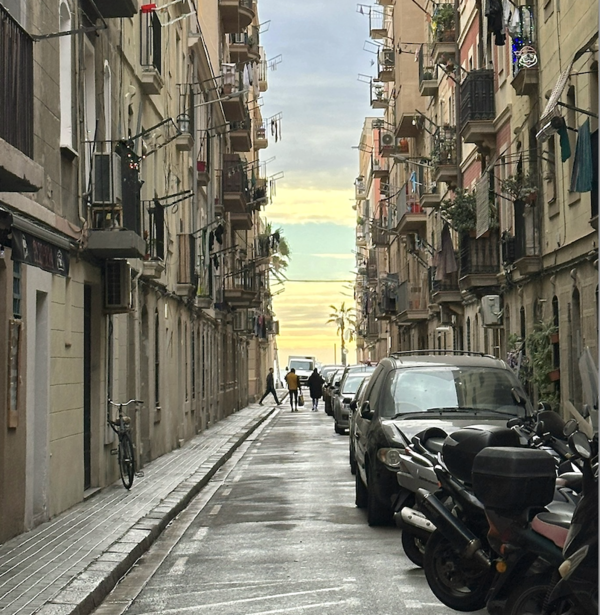
Experience Spain’s Siesta and leisure at every turn in Spain
The “Siesta” culture can be found in tropical countries such as the Mediterranean and Latin America, including Spain, Greece, and Italy. Siesta is a culture of enjoying a nap and is a tradition that arose in the Mediterranean region due to the scorching heat of nearly 40 degrees Celsius, especially in summer. In this environment, because of the hot weather, more work does not necessarily mean being efficient, therefore, the culture arose to take a nap and work in the evening. Siesta is considered a valuable time of rest, a valuable time to enjoy a meal and leisurely conversation with family and friends.
The Siesta culture experienced in Spain has changed throughout time. We realized that the Siesta is practiced in different ways depending on the region and generation. In modern times, Siesta is mainly practiced in Southern Spain rather than in large cities such as Madrid, and it can be seen in forms such as elders having nap time.
Also, it emerged as people emphasized leisure and rest. People take breaks from their daily lives and enjoy a more leisurely life. These scenes gave me a different feeling from the leisureliness of Korea. It was found that Koreans living locally recognized the cultural differences in Spain’s leisureliness.
Interview with passers-by about their thoughts on Siesta and leisureliness
To get to know the opinions about Spain’s Siesta and leisureliness, the Dongguk Post asked for street passers-by that our group conducted. We met four people who felt about Spain’s Siesta culture while staying in Spain. Let us take a look at interviews with people from different countries I met in Spain.
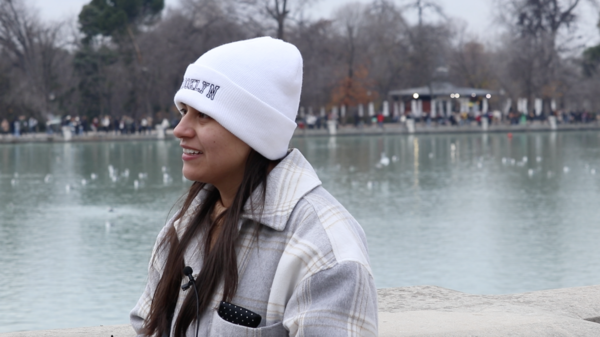
Alexa
Hi, I am Alexa (assumed name) from the United States (U.S.). While staying in Spain, I was able to feel about Spain’s Siesta culture. I think Siesta is necessary. In the United States, I work at a company from 8 A.M. to 5 P.M. for full time. But in Spain, I work more efficiently because I take a short break in between. I was able to enjoy life well because I had a good balance between work and rest. I hope I can manage a work-life balance in the U.S. as well.
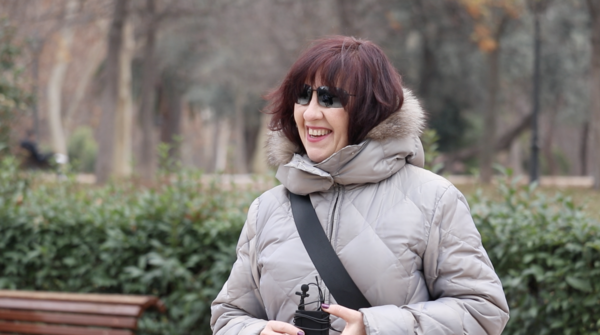
Charlotte
My name is Charlotte (assumed name), and I came here to feel the culture of Spain. In Spain, stores have break times in the middle, so I had to wait until Siesta time to end before I could visit the store. At first, this culture was unfamiliar to me, but the more I lived there, the more I got used to it. I think Spain is a good country to live in because it has a good work-life balance.
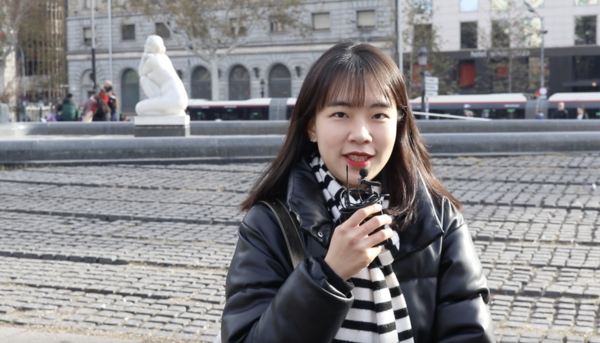
Jin Young-been
Hello, I am Jin Young-been, a Police Administration major at Dongguk University. I came to Spain as an exchange student this semester. It seems like the Siesta culture is disappearing a lot these days. Nowadays, nap times are not the common way of enjoying a Siesta, but people seem to keep the Siesta by taking a break and even stores close at that time. In addition, while Korean people value economic stability and tend to focus on work, Spanish people seem happier at work compared to Koreans.
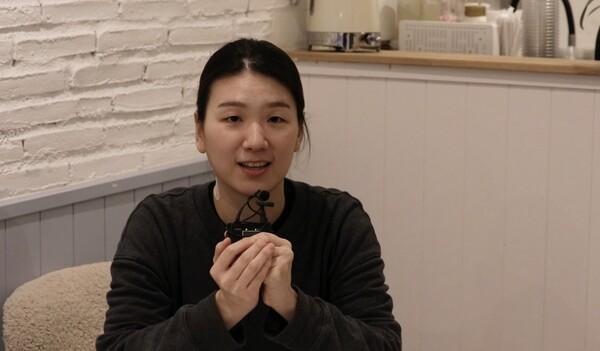
Hong Sung-ha
Hi, I am Hong Sung-ha from Korea and I run a café in Madrid. I felt a great sense of freedom while running a cafe in Spain. Café employees were given about a month of vacation and were not allowed to work more than 40 hours a week. So they had to manage their time efficiently to run the cafe. This shows a culture, unlike Korea, that involves less work and more focus on rest. Also, looking at the work hours at a Spanish company, I felt even more relaxed. Spanish companies end work at 2 P.M. on Fridays, which contrasts with the start time in Seoul. In Seoul, the roads are busy on the way home from work at 6 P.M., while in Spain, a traffic jam begins at 2 P.M. on Fridays. This cultural difference of Spain, which is the opposite of Korea, was very shocking to me. I definitely feel more relaxed while running a cafe in Spain than when I was working in Korea.
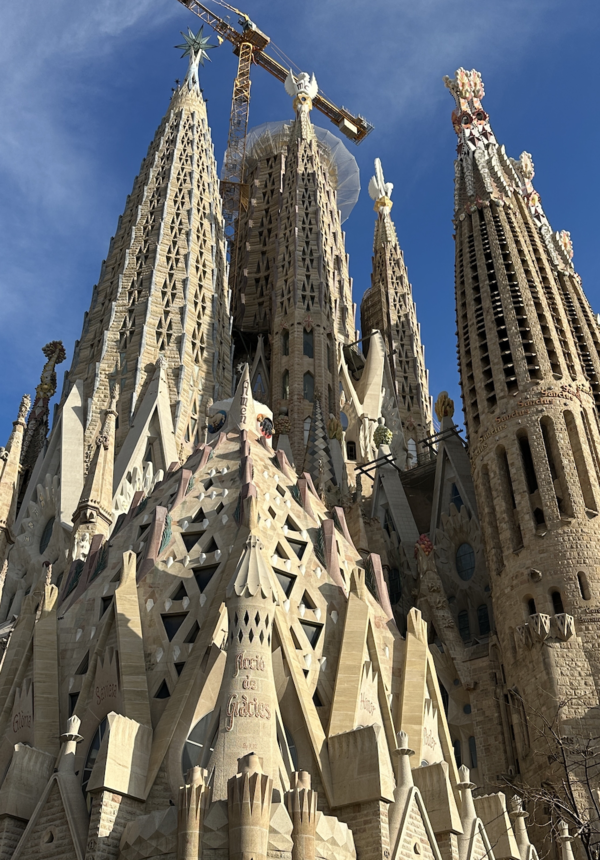
Finding myself growing up through overseas coverage
As you can see from the interview, I was able to discover the Siesta culture has changed. Nowadays, this tradition is gradually disappearing, but we can still see people relaxing in their way. As I watched stores enjoying their time by taking a break, napping, or resting for a while, I also experienced the Siesta culture first-hand while reporting. Compared to Korea, I think the work-life balance is better in Spain, and because of this, work efficiency is increased.
Also, in Spain, it was seen that people were more committed to leisure time than to work. I came to reflect on how I always tried to work quickly and efficiently, and after viewing this work-life-balanced life, I felt like I wanted to take time to do things leisurely like the Spaniards. As I move away from the role of Editor-in-Chief, I want to break away from the way I pursued efficiency and become a more relaxed person.
Experiencing the cultural contrasts between Spain and Korea such as lengthy vacations and both a free-spirited and community-oriented culture has given me a chance to reflect on my values. The overseas report, marking the culmination of my two-year stint as a reporter, has provided valuable insights into my future path. I would like to conclude by expressing my heartfelt gratitude to my colleagues in Group Two and the teachers at Dongguk Media Center who supported me through every twist and turn. ¡Adiós, Spain! Here is to a promising 2024!

